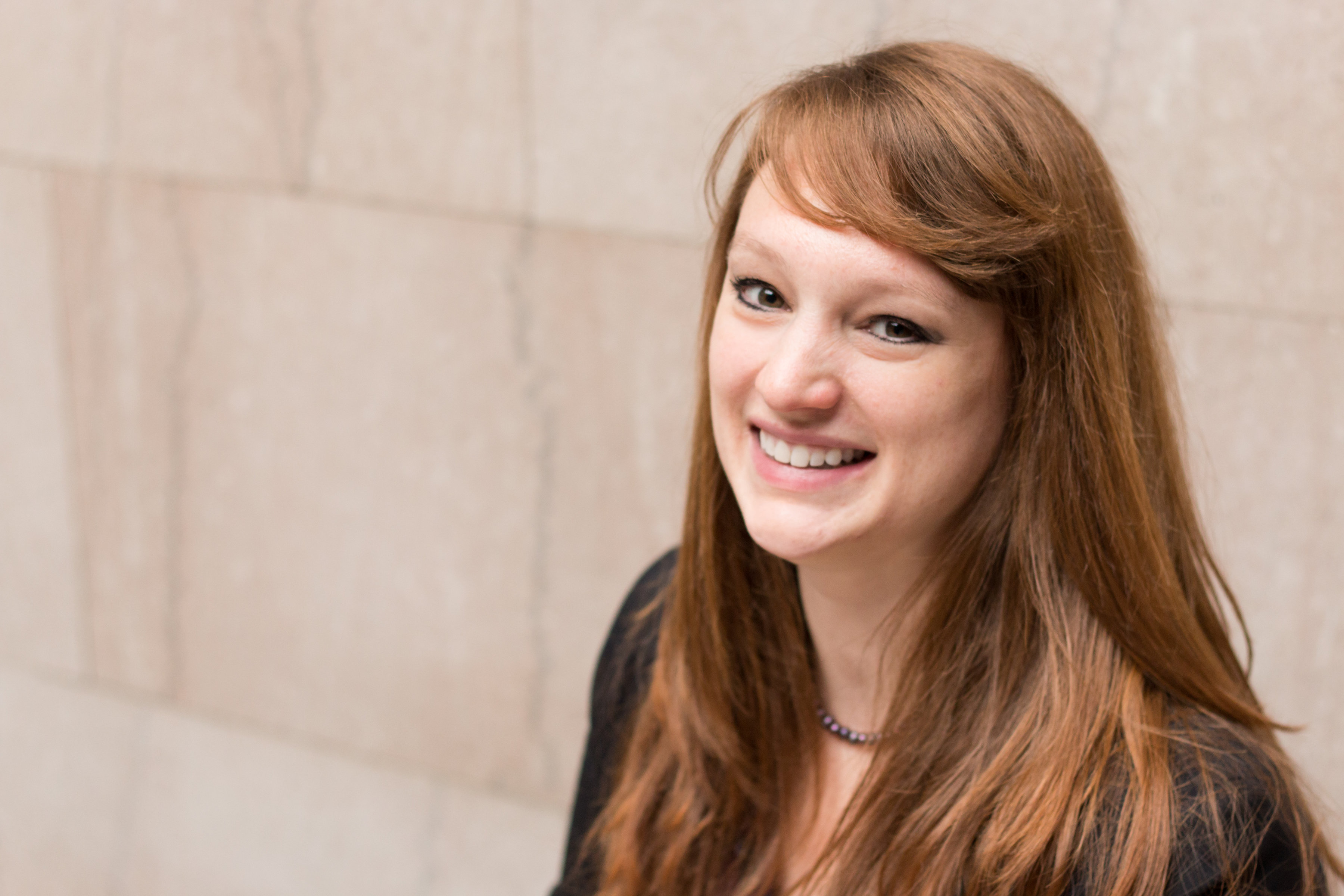Plenary Session Information
PLENARY SPEAKER: CAITLIN CORNELL
 Caitlin Cornell is a third year Ph.D. student in Second Language Studies at Michigan State University. She earned her MA in Linguistics and TESOL from the University of Illinois at Chicago. She has taught English and trained English teachers since 2005, mostly in Chicago. From 2010 to 2012 Caitlin was a U.S. State Department English Language Fellow living in Beirut, Lebanon. In 2018, she interned with the English Learning and Accessibility Specialist in the Michigan Department of Education’s Accountability Office. In the summer of 2019, Caitlin volunteered with the Lansing, Michigan Refugee Development Center’s GLOBE English camp, providing additional student support in sheltered instruction through a translanguaging lens. She currently serves the 2019 Accessible Learning Conference at Michigan State University as its outreach chairperson and is collaborating on an accessible art event in conjunction with the conference’s Accessibility Week. Caitlin’s interests are varied and transdisciplinary in nature. She is captivated by conversations centered around accessible learning, the usefulness of language learning technology, individual differences like motivation that affect language development and shape learning experiences, and second language learning policies at the K-12 level. Her own work lies at the intersection of language development, learning experiences, and accessibility. Specifically, Caitlin explores the second language learning of special populations. This broad label includes learners with specific learning difficulties like dyslexia, as well as learners who are blind or visually impaired and learners who are deaf or hard-of-hearing. Some of Caitlin’s most recent work illuminated the challenges and resources of learners who are visually impaired and pushed back critically against the idea that language learning is only for “typical” learners. |
Session Title and AbstractTitle: Lessons Learned at the Intersection of Second Language Acquisition, Learners with Disabilities, and Accessible Teaching and Learning |

Connect with us: